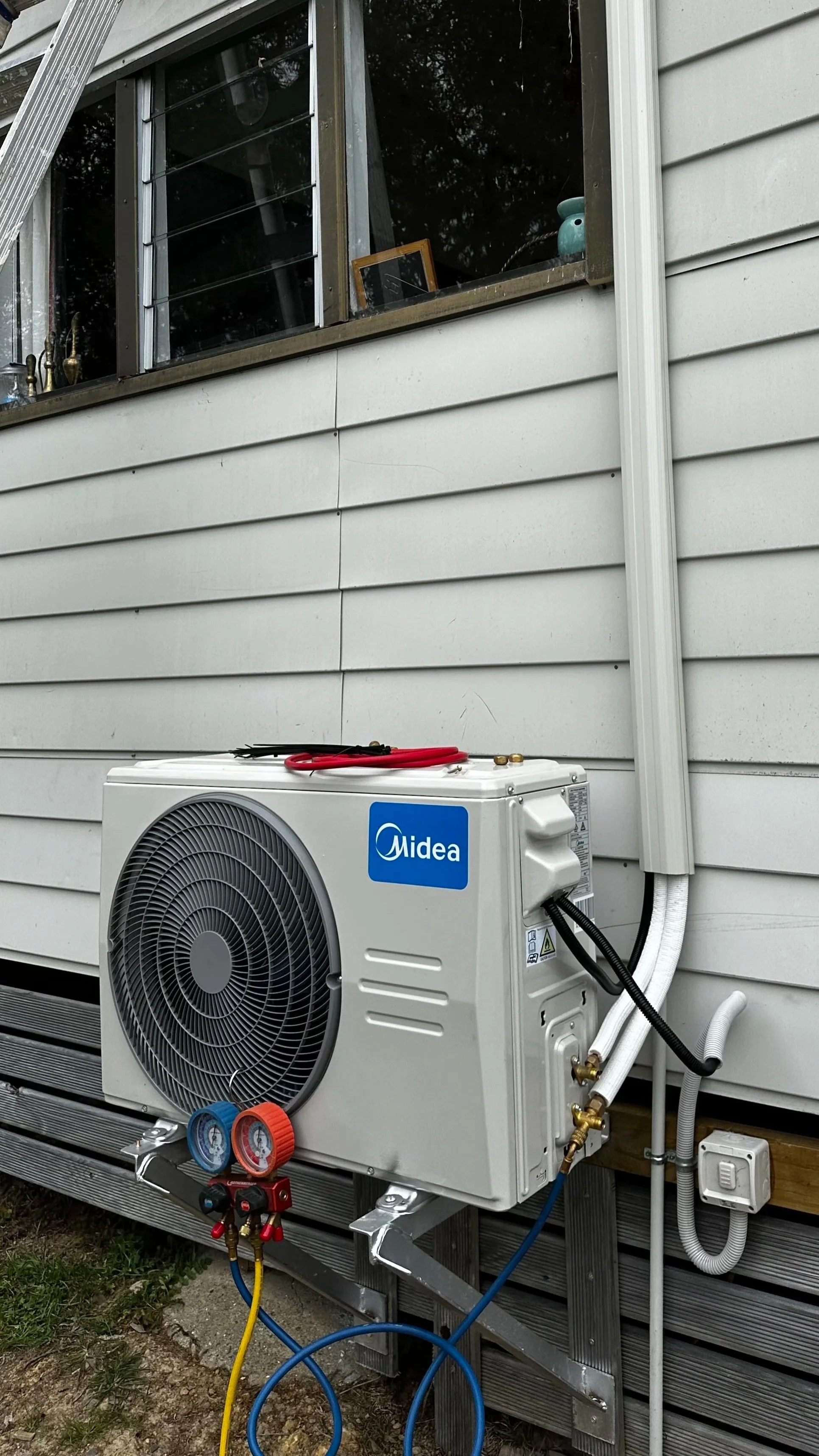Blogs - WISP Knowledge

-
Why electricity bills increasing notably and how to manage?
Electricity bills in New Zealand have been increasing notably, and here’s a breakdown of why that's happening and what you can do to lower them:
A. Why are power bills so high?
Higher power generation, transmission and distribution cost.
Seasonal demand change, billing or rate changes.
Uncontrolled power consumption.
Lack of understanding on electricity management and energy saving.
B. Ways to lower your electricity bill
Understand the electricity consumption.
Get to know your appliances and energy consumption.
Upgrade appliances and calculate return of investment (ROI).
Manage electricity.
i.e. Calculation - Comparison of Heat Pump into Traditional Heater
Heatpump
Heat Pump – 5kW (Heating and cooling power)
1 Hour of Use
5kW×1hr = 5kWh
COP assume 3.5
5kWh / 3.5 = 1.43 kWh
Cost at $0.35 per kWh:
1.43 ×0.35 = $0.50
Add GST - One hour charge ≈ $0.6
Traditional Electric Heaters
Traditional Electric Heaters – 2 kW (Heating power)
1 Hour of Use
2kW×1hr = 2kWh
NO COP
2kW×1hr = 2kWh
Cost at $0.35 per kWh:
2×0.35 = $0.70
Add GST - One hour charge ≈ $0.8
To save energy with a Heat Pump, what should we do?
Service your heat pump to work maximum COP
Think about the outdoor unit and clean
Check heat pump hight.
Install proper place
Use ceiling fans on low speed in initial stage
Check heat pump thermostat (by electrician)
Try to close required heating/cooling area
Use smart doors or curtains
Set an optimal thermostat temperature
Use timer and smart controls
Avoid “Auto” mode for extreme conditions
Upgrade to modern Inverter models
Preheat before peak hour
Switch to a Time-of‑Use plan

-
Why do you need a battery backup to stay connected during power outages?
Power outages are more than just an inconvenience - they can disrupt your ability to stay connected, communicate, and access essential services. In today’s digital world, where most phone services rely on internet connections and electrical power, having a battery backup system is no longer optional - it’s essential.
The Hidden Impact of Power Cuts
When the power go out, most modern phone systems immediately stop working. This means:
Limited time - landline calls
No internet
No emergency communication
For businesses, this can result in missed customer calls, lost sales opportunities, and an inability to provide critical services during outages. For homes, it can mean being cut off from family and emergency responders when you need them the most.
How Battery Backups Keep You Connected
A battery backup acts like a safety net for your communication systems. Here’s how it helps:
Keeps Your Modem and Router Powered
Even when the grid goes down, your internet connection stays active.Ensures Your Phone Stays Operational
VoIP and cordless phones need power. A backup keeps your line open.Supports Emergency Devices
Critical devices like security systems, alarms, and medical alerts can keep functioning.
How Long Will It Last?
Most battery backups provide 2 to 8 hours of connectivity, depending on the size and devices connected. This is often enough to handle short-term outages or until you switch to an alternative power source.
Who Needs It the Most?
Homeowners in outage-prone areas
Businesses reliant on customer calls
Anyone who wants peace of mind during emergencies
Final Thoughts
A battery backup is a small investment with big benefits. It ensures your internet, phone, and essential devices stay on when the power goes off, keeping you connected when it matters most.
